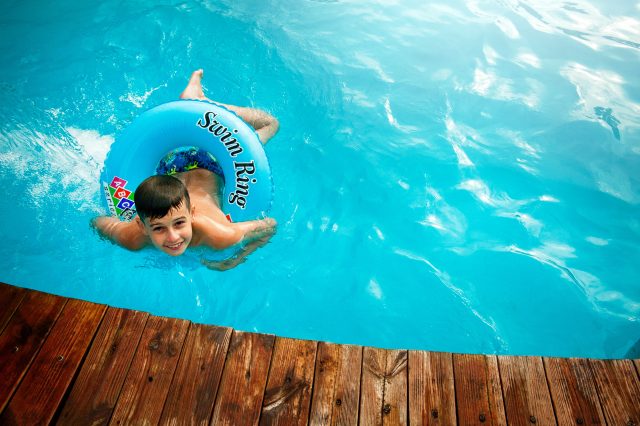Getting into one’s choice school is always a dream for hopeful students despite the tough competition they may face.
One way to do this is Direct School Admission (DSA), an alternative route which allows students to get into the school of their dreams before taking the PSLE.
It is a chance for students to display their talents in sports, co-curricular activities and specific academic areas without relying solely on their PSLE results.
At a recent DSA talk, parents posed many questions related to the selection criteria of schools that have a focus in sports. Here are their top 5 questions:
1. COVID-19 has affected events such as CCAs in school. How will the DSA selection process change?

Answer: After getting shortlisted by DSA schools, the selection process will then be conducted through e-interviews and e-auditions.
As the selection criteria can differ for schools, you can visit the schools’ websites to find out more about their procedures for DSA. You can also refer to the FAQ on the selection process.
2. Due to COVID-19, there are no national school games for sports these 2 years. How would DSA sports applicants be selected?

Answer: Ideally, your child should show that they have been practicing and preparing for sports events. This demonstrates the consistence and diligence your child has displayed even if there are no competitive events at the moment.
3. What are the DSA sports selection criteria for those with sporting talent?

Answer: Depending on the school, it can be based on competitive results and interviews, both of which require your child to prepare a portfolio to increase their chances.
Students will be assessed through talent auditions for their chosen sport and demonstration of a skill. If your child has been practicing diligently and knows how to express their passion eloquently, they will shine during the interview.
It will come down to the years and level of experience stated in the portfolio. The chances of being selected will be much higher for those who show potential.
4. “My boys have been competitive swimmers since 6, but if they are not top 3 in Singapore by P6, will they still have a chance?”
Answer: For swimming, your boys will need to show potential and determination. They need to show that they have been practicing and taking part in competitions, or preparing to take part in them (considering the current COVID-19 situation).
During the DSA interview, they need to speak about the hours of practice, their interest and passion in the sport, and their knowledge of the sport. It’s good to speak about their goals, the timings they hope to achieve and how they go about achieving them. They should also speak about their weaknesses in the sport and how they intend to correct them, i.e. their strokes.
There is still time to hone their swimming talents. In short, they still have a chance.
You can help your boys by giving them as much ammunition as possible, such as going for DSA preparation classes/courses, because if they are not prepared and are nervous, their chances are lower. The minimum is to equip them with some basic interview skills.
5. What are the chances of being selected by a school for DSA that focuses on arts/sports despite being stronger in academics and public speaking?
Answer: In the traditional PSLE route, your child would stand a good chance with their academic ability.
However, for a DSA school focused on sports or arts, you should look at what your child’s choice school requires of potential students in that particular year using MOE SchoolFinder.
Depending on whether the school is taking part in the Singapore Youth Festival or lacking in certain talents, they will then consider selecting your child. So, it is best to prepare your child while you still have time.
Read also: Choosing a CCA in Primary School: What to Consider
DSA preparation gives your child the ammunition for the DSA interview and auditions. Not only can preparing help boost your child’s confidence in their interview skills, but it also hones your child’s talent.
Written by Clarissa Tan

